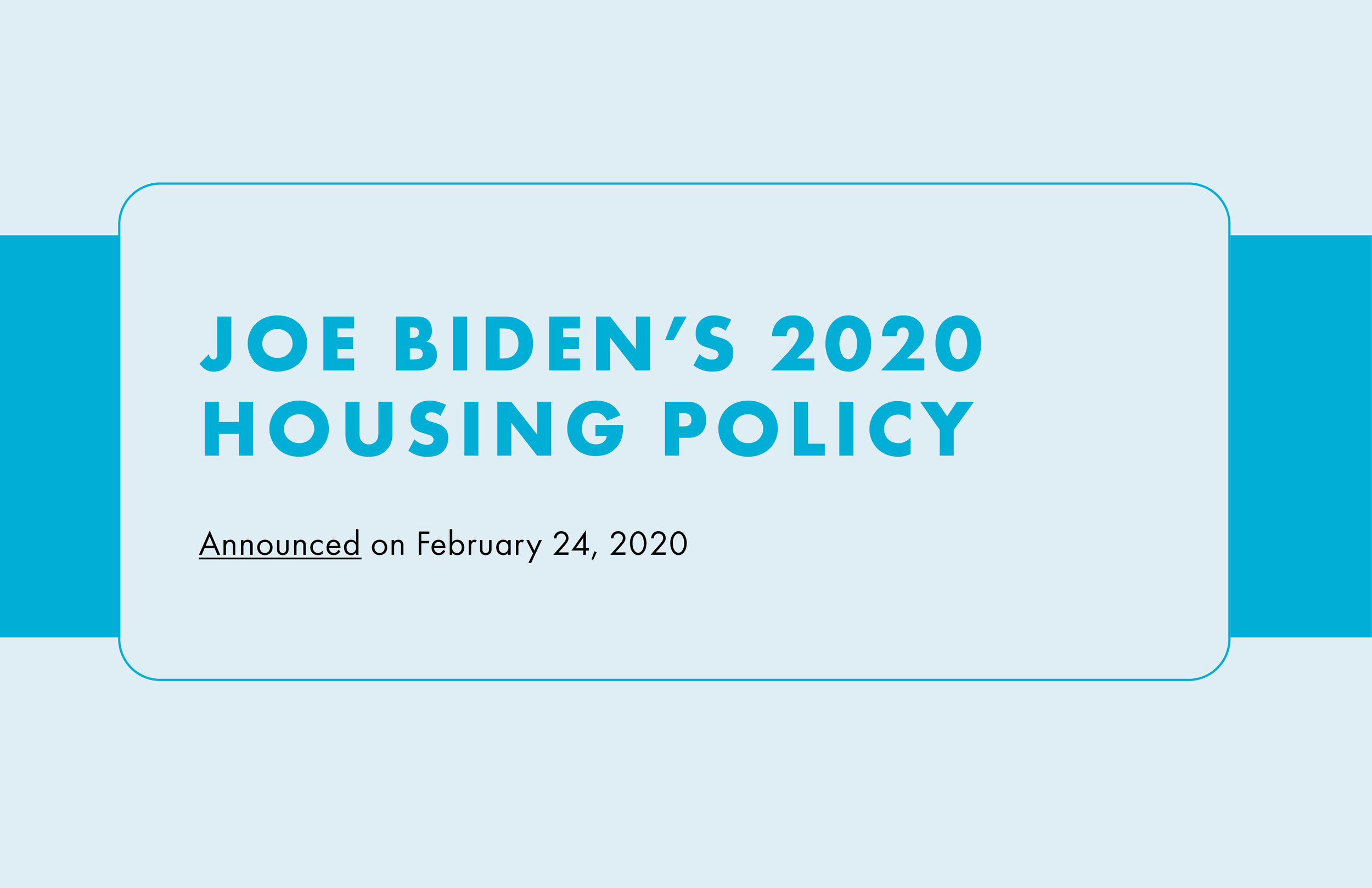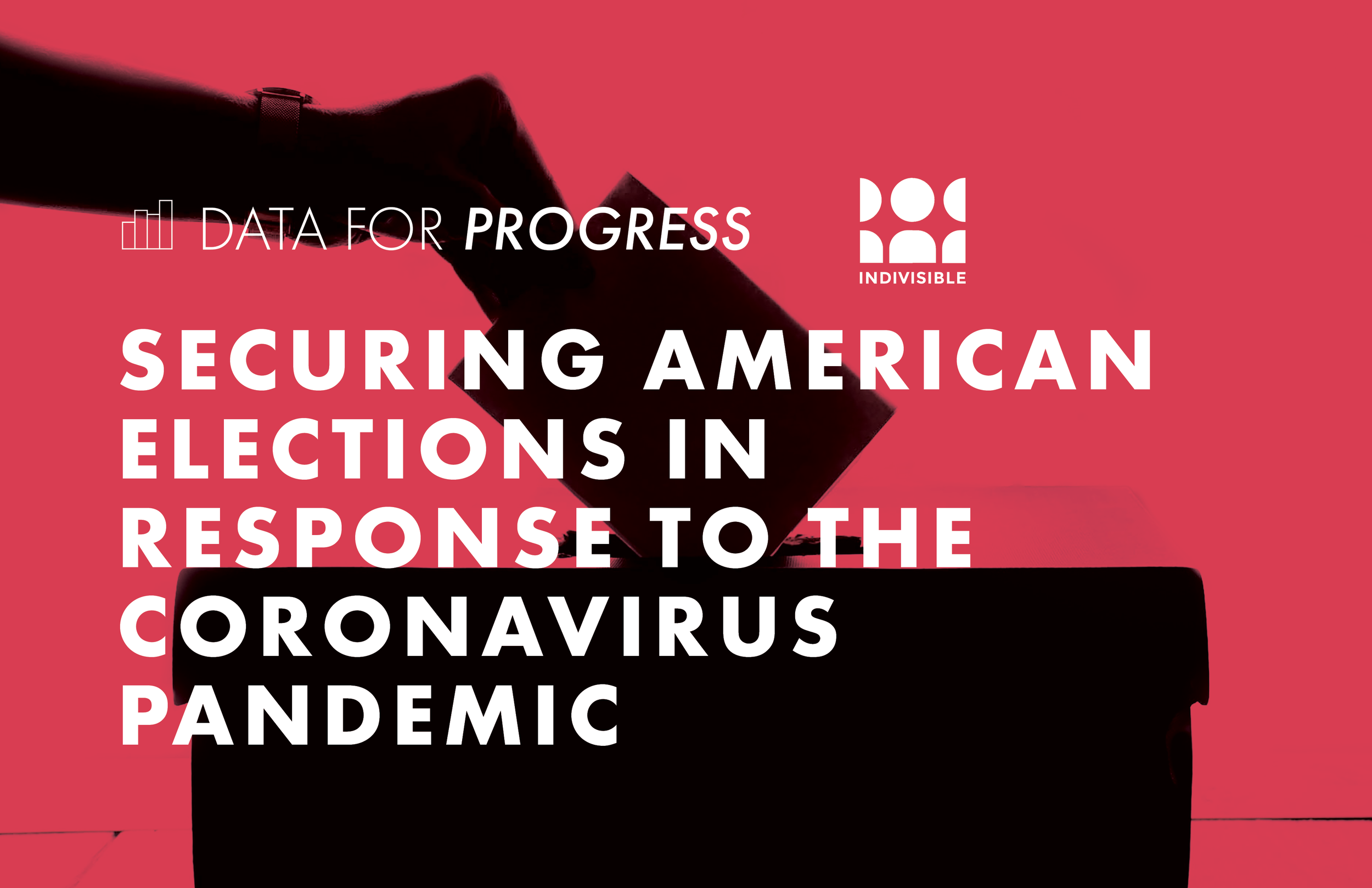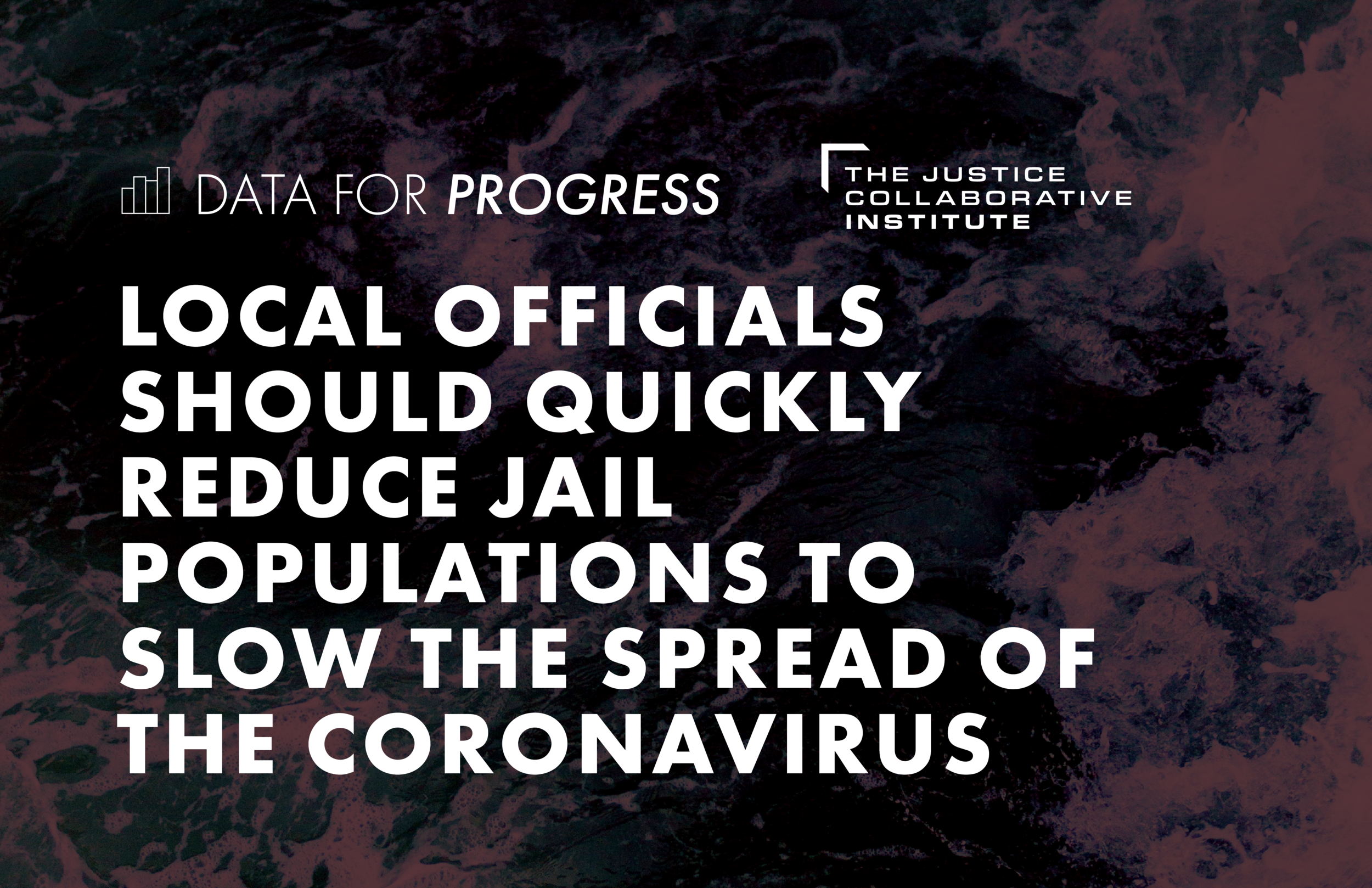Memo: Paid Family Leave in the 2020 Election
By Data For Progress
Today, more than four in five US workers (81 percent) do not have paid family leave from their jobs for family care, and 60 percent do not have short-term disability insurance through their jobs to ensure they have paid leave for their own serious health issues, including pregnancy-related health challenges. These aggregated figures mask substantial disparities by occupation, industry, and wage levels, and also mask unequal access to paid leave—even within the same firm. The FAMILY (Family and Medical Insurance Leave) Act sponsored by Senator Kirsten Gillibrand (D-NY) and Rep. Rosa DeLauro (D-CT-03) is a national paid family and medical leave program would cover virtually all working people in the United States. It is the family leave proposal currently introduced in Congress that is most reflective of what working people need and is based on successful state programs, and sets the standard for the 2020 Presidential field. Nearly of of the leading Presidential contenders have endorsed the FAMILY Act.
In addition to being the most effective approach to paid family leave, Data for Progress polled three approaches to family leave and find that the comprehensive approach in the FAMILY Act has the most support among voters.
Key polling findings:
Two-thirds of US voters (66 percent) support a program providing up to twelve weeks of paid leave for serious personal or family health issues or to care for a new child, which would be paid for through a payroll tax increase. This includes large majorities of Democrats and independents, and a near majority of Republicans. Overall, only 27 percent of voters oppose this policy, and the remainder do not have an opinion.
Voters clearly reject policies that provide paid leave to only new parents and that result in the reduction of other social benefits to families. They especially reject one plan to “pull forward” Social Security benefits to cover leave for new parents (27 percent support, 59 percent oppose), and are split on a policy providing paid parental care grants in exchange for diminished child tax credits (CTC) later on (42 percent support, 41 percent oppose).





